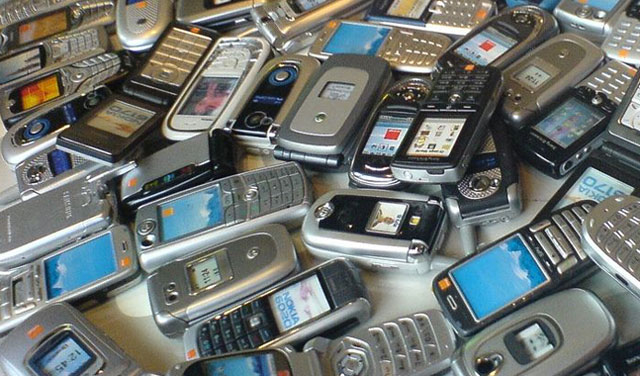
Only 27% of cellphones sold in Africa and the Middle East in 2019 will be feature phones. The vast majority will be smartphones, according to new research from International Data Corp (IDC).
Regional smartphone shipments will total 155m units in 2015 after increasing by 66% year on year during the first quarter, according to the technology research and consulting firm’s Q1 2015 Mobile Phone Tracker report. During the quarter, 47% of cellphones sold during the first quarter in Africa were smartphones. Feature-phone sales on the continent slumped by 20% year on year, according to IDC.
“The growth in smartphones in the Middle East and Africa region is being spurred on by Google’s Android and Apple’s iOS, with the two platforms accounting for over 95% of the smartphones shipped in the first quarter of 2015,” the company said. “Shipments of devices featuring these operating systems increased by a combined 67% year on year.”
In Africa, Android has 89% market share in smartphones, with Apple a distant second at 7%. Android is particularly dominant in the low- to mid-priced bands, while Apple is found in the US$450-plus category.
“The strong growth in the region’s smartphone market is largely being driven by the emergence of low-priced devices that are primarily powered by Android,” IDC said. “Indeed, almost half of all the smartphones shipped across Africa (45,1%) in the first quarter of 2015 were priced below $100, while almost 75% fell under $200.”
Nigeria accounted for 14% of all smartphone shipments across Africa during the first quarter, while South Africa was responsible for 12%.
Samsung, Tecno and Apple were the leading smartphone vendors in Africa during the quarter, with Huawei being ousted from the top three. The three leading vendors accounted for a combined 55% share of Africa’s smartphone shipments in the first quarter.
BlackBerry, which was once dominant across major markets in Africa, once again suffered “significant year-on-year declines across the region” in the first quarter, according to IDC. Shipments of BlackBerry phones fell by 14% in Africa and 29% in the Middle East.
“The launch of a number of new models by the vendor seems to have had little impact on lifting the BlackBerry brand out of its continuing decline,” said Isaac Ngatia, a senior research analyst at IDC in a statement. “The loss of the corporate segment, spurred by the continued uptake of bring-your-own-device policies among the region’s enterprises, has had an adverse effect on BlackBerry’s performance in the market.” — © 2015 NewsCentral Media

